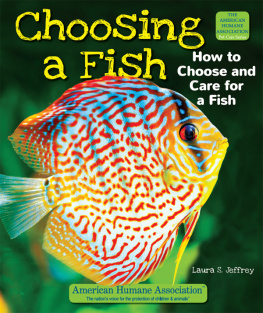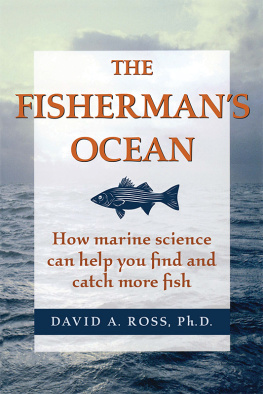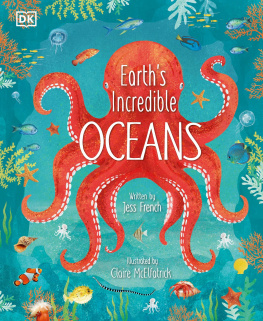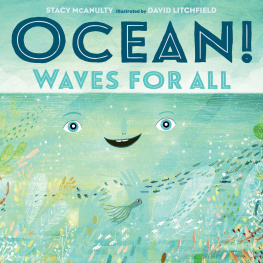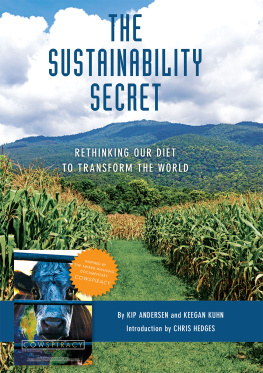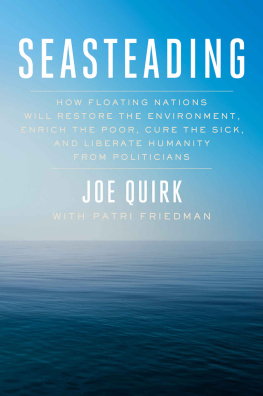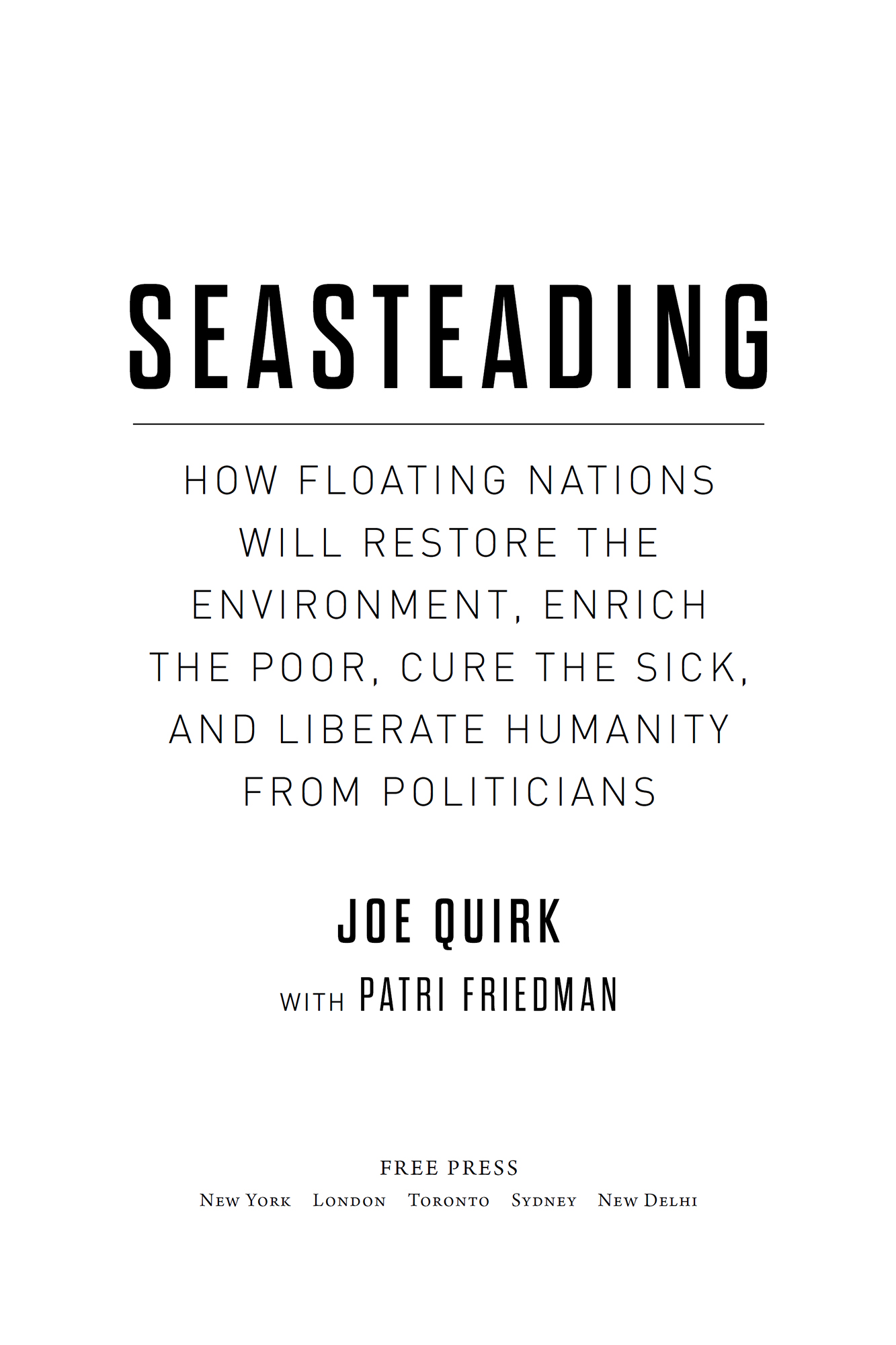We hope you enjoyed reading this Simon & Schuster ebook.
Get a FREE ebook when you join our mailing list. Plus, get updates on new releases, deals, recommended reads, and more from Simon & Schuster. Click below to sign up and see terms and conditions.
CLICK HERE TO SIGN UP
Already a subscriber? Provide your email again so we can register this ebook and send you more of what you like to read. You will continue to receive exclusive offers in your inbox.
Thank you for downloading this Simon & Schuster ebook.
Get a FREE ebook when you join our mailing list. Plus, get updates on new releases, deals, recommended reads, and more from Simon & Schuster. Click below to sign up and see terms and conditions.
CLICK HERE TO SIGN UP
Already a subscriber? Provide your email again so we can register this ebook and send you more of what you like to read. You will continue to receive exclusive offers in your inbox.
ALSO BY JOE QUIRK
Exult
Call to the Rescue: The Story of the Marine Mammal Center
Its Not You, Its Biology: The Science of Love, Sex, and Relationships
The Ultimate Rush

Free Press
An Imprint of Simon & Schuster, Inc.
1230 Avenue of the Americas
New York, NY 10020
www.SimonandSchuster.com
Copyright 2017 by The Seasteading Institute
All rights reserved, including the right to reproduce this book or portions thereof in any form whatsoever. For information, address Free Press Subsidiary Rights Department, 1230 Avenue of the Americas, New York, NY 10020.
First Free Press hardcover edition March 2017
FREE PRESS and colophon are trademarks of Simon & Schuster, Inc.
For information about special discounts for bulk purchases, please contact Simon & Schuster Special Sales at 1-866-506-1949 or .
The Simon & Schuster Speakers Bureau can bring authors to your live event. For more information or to book an event, contact the Simon & Schuster Speakers Bureau at 1-866-248-3049 or visit our website at www.simonspeakers.com.
Interior design by Kyoko Watanabe
Jacket Image by Graciela Vilagudin/Getty Images
Library of Congress Cataloging-in-Publication Data
Names: Quirk, Joe, author. | Friedman, Patri, 1976 author.
Title: Seasteading : how floating nations will restore the environment, enrich the poor, cure the sick, and liberate humanity from politicians / by Joe Quirk with Patri Friedman.
Description: New York : Simon & Schuster, [2016] | Includes bibliographical references and index.
Identifiers: LCCN 2016022049 | ISBN 9781451699265 (alk. paper) | ISBN 1451699263 (alk. paper)
Subjects: LCSH: Artificial islandsEconomic aspects. | City-states Economic aspects. | Marine resources. | Urbanization.
Classification: LCC GB471 .Q57 2016 | DDC 307.760914/2dc23
LC record available at https://lccn.loc.gov/2016022049
ISBN 978-1-4516-9926-5
ISBN 978-1-4516-9928-9 (ebook)
To the Aquatic Generation
It is from the ocean that will be born the destiny of civilizations to come.
Jacques Rougerie, marine architect
What if...
The way to decrease ocean pollution is to increase ocean populations?
The way to decrease the number of wars is to increase the number of countries?
The way to discover political solutions is to empower your political enemies?
We wont need to fight when we can float?
Its easier to float than fly?
We built civilization in the wrong place?
You could create your own microcountry at sea?
CONTENTS
PROLOGUE
This book is divided into four parts.
The first part, Seavilization Now, shows the strides to seasteading that have occurred already, and asks us to overcome the mental barriers that prevent us from seeing them.
The second part, Environment, introduces environmentally restorative technologies currently serving humanity that are advancing rapidly and can be fully realized only on the ocean.
The third part, Economy, describes the prosperity that is often unleashed once new nations are established, and asks us to confront the fact that these blessings cannot be rapidly realized within the jurisdictions of existing governments.
The last and fourth part, Freedom, explains why floating societies will likely be more peaceful than continental governments, simply because fluid mobility will revolutionize the incentives by which individuals interact. In addition, it considers the possibility that the oceans will introduce us to a social technology that may solve one of the oldest and most intractable challenges in civilization.
PART I
SEAVILIZATION NOW
Chapter 1
HOME
This Isnt Planet Earth
You Are Called
If you sit alone at night by the sea, your heart will adjust to the rhythm of the surf. Give it a minute. Allow the chatter in your mind to cease. Listen to your breath follow the cadence of the waves. In the silence, youll get in touch with the best of yourself, your core values, and youll know the job we have to do. If 9 billion of us are to survive in 2050, we are charged with six moral imperatives as ancient as they are urgent:
feed the hungry,
enrich the poor,
cure the sick,
restore the environment,
power civilization sustainably, and
live in peace.
In this book, you are going to meet six aquapreneurs who plan to fulfill these moral imperatives by working to build floating nations on the sea. They are launching their ambitions from four continents, and they are radically misunderstood by landlubbers. Several of them have independently cited 2050 as a deadly deadline: an approaching pinch point in the supply of several key commodities that humanity needs to survive.
Water. According to Growing Blue, a gigantic consolidation of data from industry analysts, scientists, academia, and environmental professionals, 52 percent of the world population will be exposed to severe water scarcity by 2050, and continuing our current course will put at risk roughly $63 trillion US , or the equivalent to 1.5 times the size of todays entire global economy.
Food. Even assuming a 50 percent increase in agricultural efficiency, by 2050 we will need to increase the land space devoted to farmland 22 million square kilometers, or 8.5 million square miles, an area nearly equivalent in size to North America.
Oil. Searching for consensus about peak oil, the point in time when the maximum global rate of crude oil extraction is reached became a fools errand when the hydrofracking revolution only further polarized the debate due to deep uncertainty about the actual size of undiscovered world oil reserves. Many of the most popular doomsdates refer to current economically available oil and not total physically existing oil, as if extraction technologies will never improve and prices never adjust. So lets just say that the most pessimistic analysts say peak oil has already occurred, while the most optimistic analysts say 2050.
Fish. In 2006 the journal Science published a four-year study written by an international group of ecologists from Canada, Panama, Sweden, Britain, and the United States, which predicted that, at prevailing trends, the world will run out of wild-caught seafood in 2048though the assumptions behind these claims have been widely disputed.
Fertilizer. The soil is running out of phosphate, a crucial ingredient in fertilizer required for farming. The most optimistic estimate for peak phosphorus, the point at which we reach the worlds maximum rate of phosphorus production, is 2050.
Next page

